La sécurité de vos données, notre priorité
En choisissant NetExplorer, vous avez l’assurance d’une sécurité renforcée pour vos données, tout en bénéficiant d’une infrastructure haut de gamme et conforme aux plus hautes normes de sécurité.
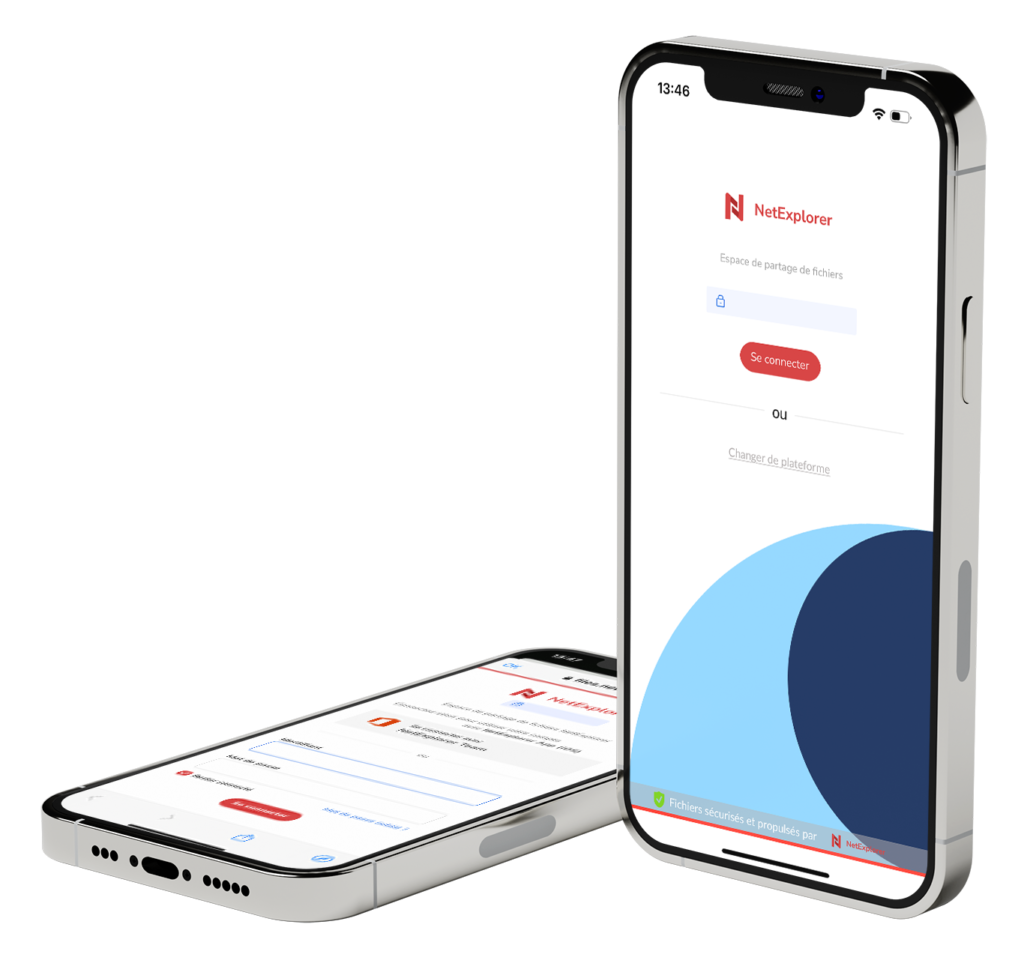

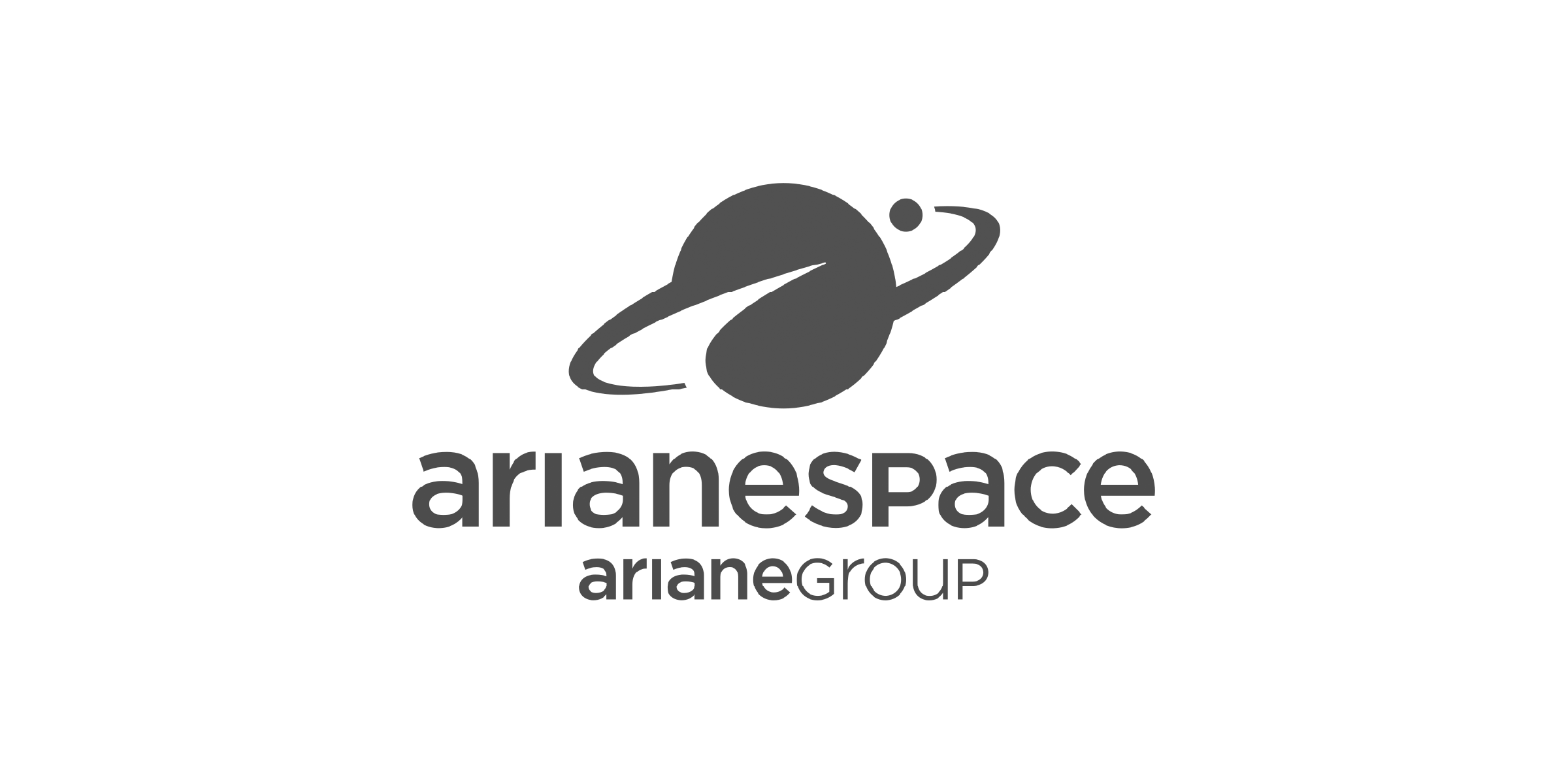














Plus de 300 000 utilisateurs et 1 800 organisations protègent leurs données avec NetExplorer
Solutions et infrastructures françaises

Tous vos fichiers sont hébergés en France, sur nos propres infrastructures, réparties dans deux data centers en région parisienne. Grâce à cette double localisation géographique, vos données sont sauvegardées en temps réel sur deux serveurs distincts. Ainsi, même en cas de problème majeur, vos données restent accessibles et protégées contre toute perte.
NetExplorer est conforme au RGPD et certifié ISO 27001, ISO 9001, et HDS (Hébergeurs de Données de Santé), garantissant ainsi des standards de qualité et de sécurité reconnus internationalement. NetExplorer assure qu’aucun transfert de données de santé à caractère personnel est réalisé vers un pays tiers à l’espace économique européen.
Nous collaborons avec Equinix et Zayo, deux des data centers les plus performants de France, classés Tier 3+ et Tier 4, assurant un niveau de fiabilité supérieur.
Nos certifications et conformités
Pour garantir autonomie et sécurité, NetExplorer est conforme au RGPD, NIS 2, DORA et certifiée ISO 27001, ISO 9001, HDS (Hébergeurs de Données de Santé), labellisé Numérique Responsable et en cours de préparation à la qualification SecNumCloud.




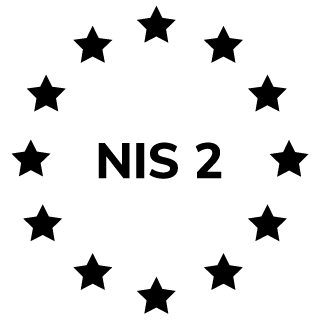
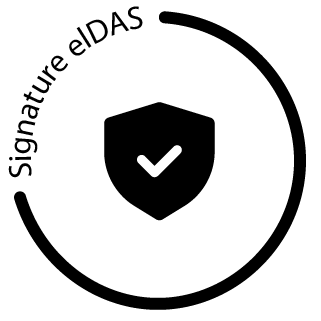

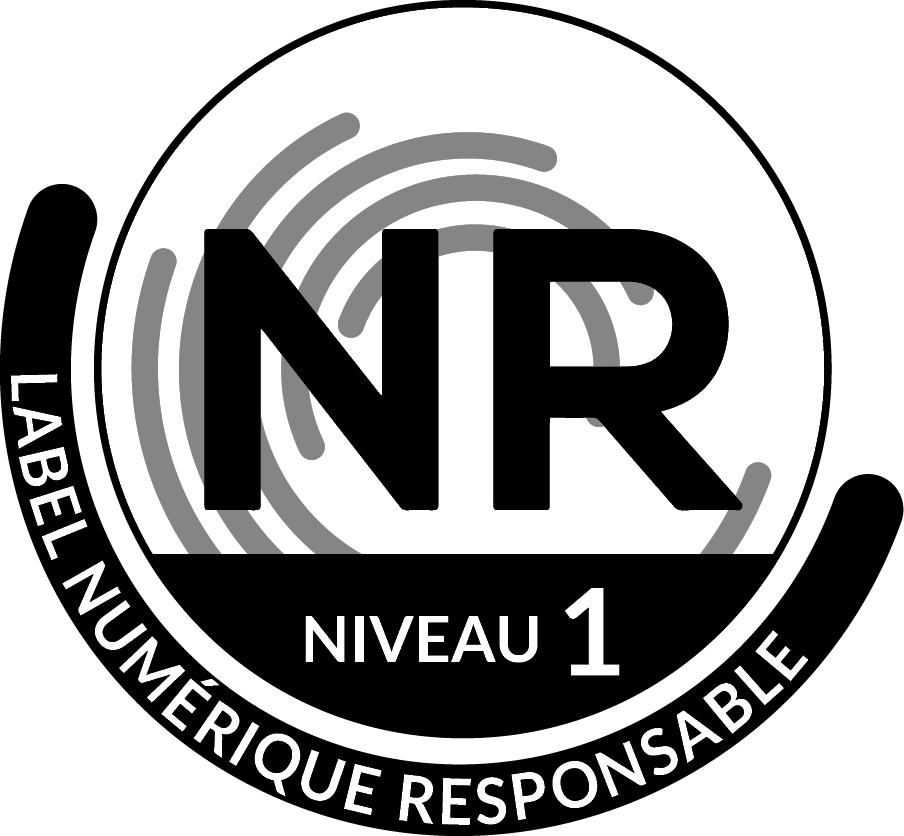







NetExplorer le cloud le plus certifié du marché
Cloud souverain
La souveraineté de vos données au cœur de notre infrastructure
En choisissant NetExplorer, vous optez pour une solution cloud souveraine. Cela signifie que toutes vos données sont hébergées exclusivement en France, sous la protection des législations françaises et européennes, telles que le RGPD. Contrairement à d’autres solutions hébergées à l’international, nos infrastructures échappent aux lois extraterritoriales telles que le Cloud Act, garantissant une confidentialité maximale.
Avec un cloud souverain, vous avez l’assurance que vos données ne peuvent être transférées ou accessibles à des tiers non autorisés, assurant ainsi une maîtrise totale de vos informations stratégiques, en toute conformité avec les exigences de sécurité locales.
Certification ISO 27001
La sécurité, premier pilier de nos solutions
La certification ISO 27001 est un gage de sécurité pour vos données. Elle définit les normes les plus strictes en matière de management de la sécurité de l’information, assurant la confidentialité, la disponibilité et l’intégrité des données.
La certification ISO 27001, démontre notre engagement à protéger nos données ainsi que celles de nos clients, garantissant des mesures de sécurité conformes aux standards internationaux.
NetExplorer vous assure une garantie de sécurité dans le temps. La solution est soumise à des audits réguliers attestant que les niveaux de sécurité acquis lors de l’obtention de la norme ISO 27001 sont maintenus.
De plus, les normes ISO sont régulièrement révisées pour rester en adéquation avec l’évolution des pratiques et des technologies.
Certification ISO 9001
La qualité au cœur de nos processus
La certification ISO 9001 atteste de l’organisation rigoureuse de NetExplorer pour répondre aux besoins de ses clients. Cela témoigne de notre engagement à fournir une plateforme de gestion de fichiers de haute qualité, adaptée aux exigences du marché, et à maintenir une amélioration continue de nos services.
Les principes du management de la qualité sont tournés vers une forte orientation client, la motivation et l’engagement de la direction, l’approche processus et enfin l’amélioration continue.
Certification HDS
La sécurité de vos données médicales certifiée HDS (Hébergeurs de Données de Santé)
Prestataire de confiance en e-santé, nos solutions sont certifiées HDS depuis 2020. NetExplorer accompagne tous les professionnels de la santé dans le stockage et le partage des données confidentielles de leurs patients.
La certification Hébergeur de Données de Santé atteste de la conformité des procédures d’une organisation à répondre aux exigences d’hébergement de données personnelles de santé. Disposer d’un service certifié HDS, en tant qu’acteur de la santé, démontre son aptitude à vous protéger contre les intrusions, pertes ou altérations de données.
Depuis 2018, la certification HDS est devenue obligatoire pour tous les organismes, publics ou privées, hébergeant, traitant ou ayant accès à des données de santé. Cela concerne toute personne morale ou physique hébergeant ou exploitant des données personnelles de santé pour le compte d’organisations du secteur médico-social. Par ailleurs, tous les sous-traitants pour le traitement ou le stockage de données de santé doivent eux aussi, être certifiés HDS.
NetExplorer assure qu’aucun transfert de données de santé à caractère personnel est réalisé vers un pays tiers à l’espace économique européen.
Directive NIS 2
NetExplorer, en phase avec les exigences de la Directive NIS 2
La Directive NIS 2 (Network and Information Security) est une directive européenne adoptée en 2022, qui vient renforcer et remplacer la directive NIS initiale. Elle vise à améliorer la résilience et la sécurité des réseaux et des systèmes d’information essentiels dans l’Union européenne. Cette directive s’applique à un large éventail de secteurs, incluant les infrastructures critiques, les services essentiels (énergie, santé, transport, etc.), ainsi que certains services numériques.
L’objectif de la Directive NIS 2 est de rehausser le niveau global de cybersécurité grâce à des règles harmonisées et simplifiées NetExplorer, certifié ISO 27001, est particulièrement bien positionné pour répondre aux exigences de la Directive NIS 2 grâce à ses engagements en matière de sécurité et de souveraineté des données : Conformité et gestion des risques, sécurisation des données sensibles, notification et gestion des incidents, souveraineté et conformité réglementaire, accompagnement des organisations.
Conformité RGPD
Une gestion respectueuse des données personnelles
NetExplorer traite uniquement les données personnelles de ses clients dans la limite des services fournis. Nous veillons à ce que les personnes autorisées à manipuler ces données soient soumises à une obligation légale de confidentialité. En optant pour NetExplorer, vous utilisez un outil Privacy By Design et renforcez la sécurité de vos informations en accord avec les bonnes pratiques recommandées par la CNIL.
Grâce à sa conformité au RGPD, NetExplorer prouve son implication dans la protection des données de ses clients afin de leur fournir une plateforme de gestion de données 100% sécurisée et conforme à la législation française et européenne.
Conformité DORA
NetExplorer, acteur de la résilience numérique
La réglementation DORA (Digital Operational Resilience Act) vise à renforcer la résilience numérique du secteur financier en imposant des exigences strictes en matière de gestion des risques TIC (Technologies de l’Information et de la Communication), protection des données, tests de sécurité, supervision des prestataires et gestion des incidents.
NetExplorer est totalement conforme à DORA grâce à son hébergement souverain en France, son chiffrement avancé des données, ses certifications de sécurité (ISO 27001, HDS) et ses outils de traçabilité et d’authentification forte. La plateforme garantit un partage sécurisé, un contrôle total des accès et une conformité aux exigences européennes, offrant ainsi une solution fiable pour les acteurs financiers.
eIDAS2
Une confiance numérique renforcée pour vos transactions électroniques
NetExplorer s’engage à respecter les standards de l’eIDAS2, le règlement européen sur l’identification électronique et les services de confiance pour les transactions électroniques. Ce cadre permet de garantir l’authenticité, l’intégrité et la non-répudiation des documents et des signatures électroniques échangés sur notre plateforme.
Grâce à eIDAS2, vous bénéficiez de signatures électroniques qualifiées reconnues à travers toute l’Union européenne, renforçant la sécurité et la validité juridique de vos échanges numériques. Ce niveau de conformité assure à nos clients des transactions et des collaborations entièrement sécurisées et certifiées, en ligne avec les exigences réglementaires européennes.
Numérique Responsable de niveau 1
Garantir un service de haute qualité à faible impact environnemental
Le Label Numérique Responsable (NR), délivré par l’Agence Lucie, est une reconnaissance qui valorise l’engagement des organisations en faveur d’un numérique plus durable, éthique et inclusif. Ce label s’inscrit dans une démarche globale de responsabilité sociétale (RSE) en intégrant les enjeux environnementaux, sociaux et économiques liés à l’usage des technologies numériques.
Ce label, structuré autour de cinq axes principaux, démontre l’engagement de NetExplorer à intégrer des pratiques éco-responsables :
Stratégie et gouvernance : Nous avons intégré le numérique responsable au cœur de notre stratégie, avec un plan d’action clair et des indicateurs de suivi précis.
Soutien à la stratégie NR : Nous sensibilisons et formons nos collaborateurs aux enjeux du numérique responsable, tout en favorisant l’accessibilité numérique pour tous.
Cycle de vie des services numériques : Nous adoptons une gestion responsable de nos équipements, en privilégiant des matériels certifiés et en optimisant leur durée de vie.
Extension de la démarche NR : Nous encourageons la mutualisation des outils et valorisons le numérique comme levier d’action positive pour l’environnement et la société.
Produits et services : Nous intégrons les principes d’éco-conception dans nos produits afin d’optimiser au mieux nos produits pour le rendre accessible.
Des services en constante amélioration

NetExplorer vous assure une garantie de sécurité dans le temps. Nos solutions sont soumises à des audits réguliers attestant que les niveaux de sécurité acquis lors de l’obtention des normes ISO 27001, ISO 9001 et HDS sont maintenus.
De plus, les normes ISO sont régulièrement révisées pour rester en adéquation avec l’évolution des pratiques et des technologies.
Le système d’information étant au cœur de notre expertise, la possession de nos certifications en garantit la protection, l’amélioration continue et la performance sur le long terme.
Nous protégeons vos données les plus sensibles
Mesures de protection
NetExplorer dispose d’une analyse antivirale et d’un système de détection des ransomwares. Chaque fichier déposé sur la plateforme est analysé, quelle que soit la méthode d’accès.
Les éléments déposés par des intervenants extérieurs via les liens de dépôt sont également inspectés. En complément, une analyse heuristique permet de bloquer une tentative d’attaque ransomware.
NetExplorer inclut de nombreuses mesures pour garantir la sécurité de vos données : authentification par utilisateur et mot de passe, double authentification, détection des tentatives d’intrusion, protection anti-vol de sessions, stratégies d’accès…
Serveur cloisonné
NetExplorer exploite un cloud cloisonné afin d’assurer une parfaite étanchéité entre l’ensemble des plateformes des clients. Chaque cloison (ou compartiment) fonctionne de manière indépendante, ce qui signifie que si une application ou un service est compromis, les autres restent protégés. Cela limite les risques d’attaques transversales entre différentes applications hébergées sur le même serveur.
Sauvegarde et rétention
Tout fichier stocké est dupliqué en temps réel sur à minima 3 supports de stockage répartis dans nos deux data centers géographiquement distants. Ainsi, en cas d’événement majeur altérant physiquement un data center, vos données seront toujours disponibles sur l’autre site.
Par ailleurs, notre procédure de sauvegarde s’accompagne d’une politique de rétention des données sur 30 jours. Ainsi, tout fichier supprimé peut être restauré évitant toute perte de données, même par inadvertance.
